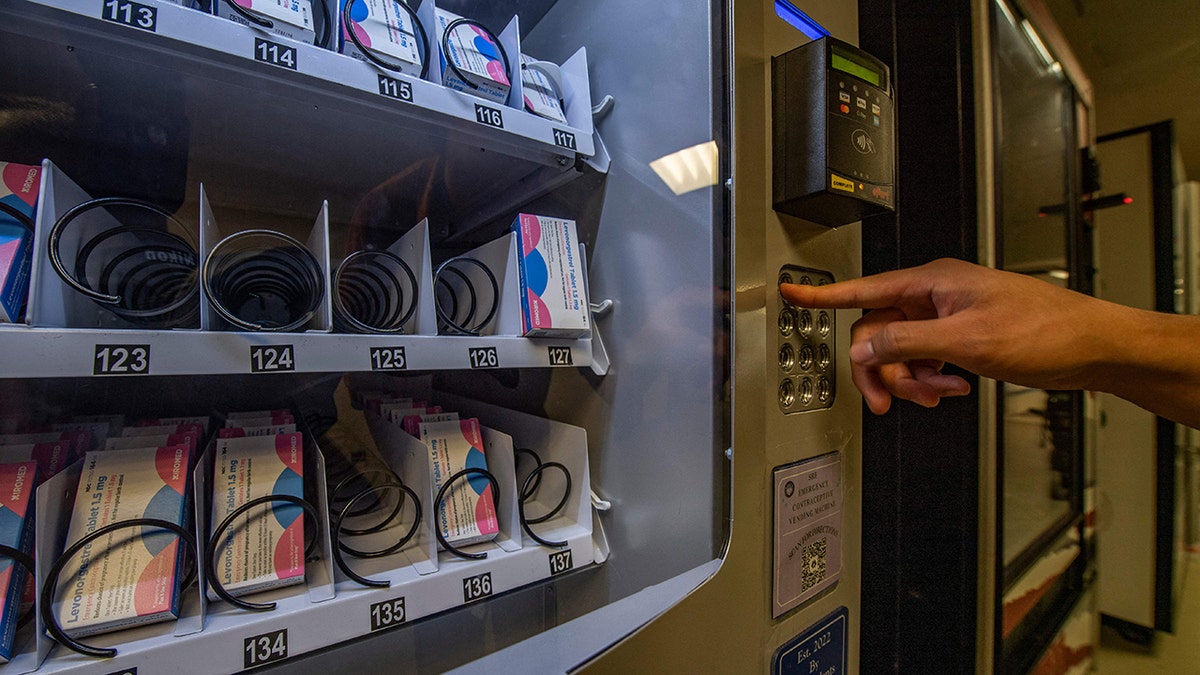Sending children off to college comes with a mix of emotions for parents. Will they thrive academically? Will they build positive relationships? Beyond academic concerns, a serious issue on campuses today is the promotion of potentially harmful ideas under the guise of progress. One example is the increasing prevalence of Plan B vending machines on college campuses, presented as a solution in a post-Roe America. This trend, however, carries significant risks that students may not fully understand.
The American Society for Emergency Contraception reports that 39 universities across 17 states now have these vending machines, with at least 20 more considering them. This push for readily available Plan B isn't entirely new. Even former President Barack Obama expressed concerns in 2011 about making such medication easily accessible to young people, citing potential misuse due to a lack of understanding.

The narrative surrounding Plan B often frames it as a harmless safety net. However, its widespread availability, especially without proper guidance and counseling, presents several dangers.
Firstly, it can be exploited by those who seek to cover up sexual assault or coercion. Easy access to Plan B allows perpetrators to further control their victims and avoid accountability. A truly supportive environment would prioritize informed consent and ensure young women aren't pressured into using such medication.
Secondly, the potential side effects and long-term health implications of Plan B are often glossed over. While the Mayo Clinic acknowledges that Plan B can prevent implantation, this critical information isn't always effectively communicated to those using it. The hormonal impact of repeated doses also deserves more attention and research.
Thirdly, the focus on pregnancy as the sole consequence of sex overlooks the rising rates of sexually transmitted infections (STIs). The CDC reports that one in five Americans has an STI, with college-aged individuals accounting for roughly half of new cases. This alarming statistic highlights the need for comprehensive sexual health education that goes beyond simply preventing pregnancy.
While colleges address other risky behaviors, the approach to sexual health often lacks a balanced perspective. Instead of promoting responsible decision-making and healthy relationships, the emphasis seems to be on readily available quick fixes. This approach doesn't equip students with the tools they need to navigate complex relationships and make informed choices about their sexual health.
Plan B vending machines offer a superficial solution to a complex issue. True support for students involves fostering healthy relationships, providing comprehensive sexual health education, and ensuring access to confidential counseling and medical care. Colleges have a responsibility to address the full spectrum of sexual health, rather than simply offering a quick fix.

Comments(0)
Top Comments